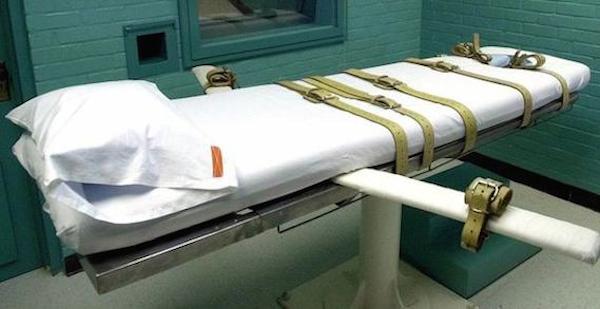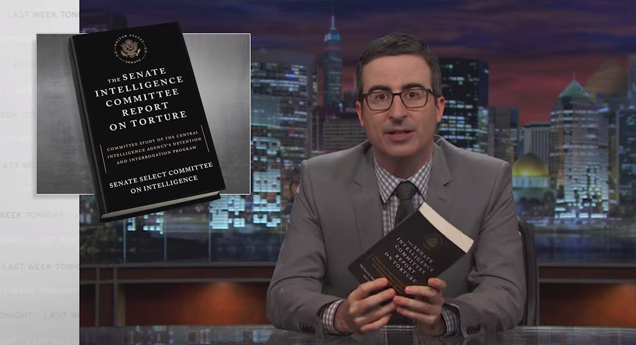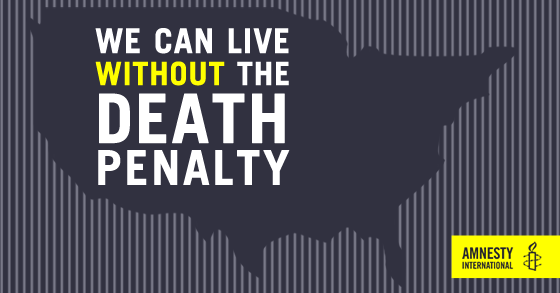
On Monday the Supreme Court issued their decision in Glossip v. Gross, voting 5-4 to allow Oklahoma to continue to use midazolam in their lethal injection procedure. The Court ruled that the petitioners failed to provide an alternative method, and deferred to the District Court’s ruling that midazolam is likely to render a person unable to feel pain during the execution.
The case and the Court’s decision are narrow: they only examined the question of one particular drug used by some states in lethal injections. That means the Court did not address the bigger question of the death penalty itself and its many inherent flaws. SEE THE REST OF THIS POST

 On Sunday,
On Sunday, 



 In a stunning move this morning, Nebraska lawmakers
In a stunning move this morning, Nebraska lawmakers 
